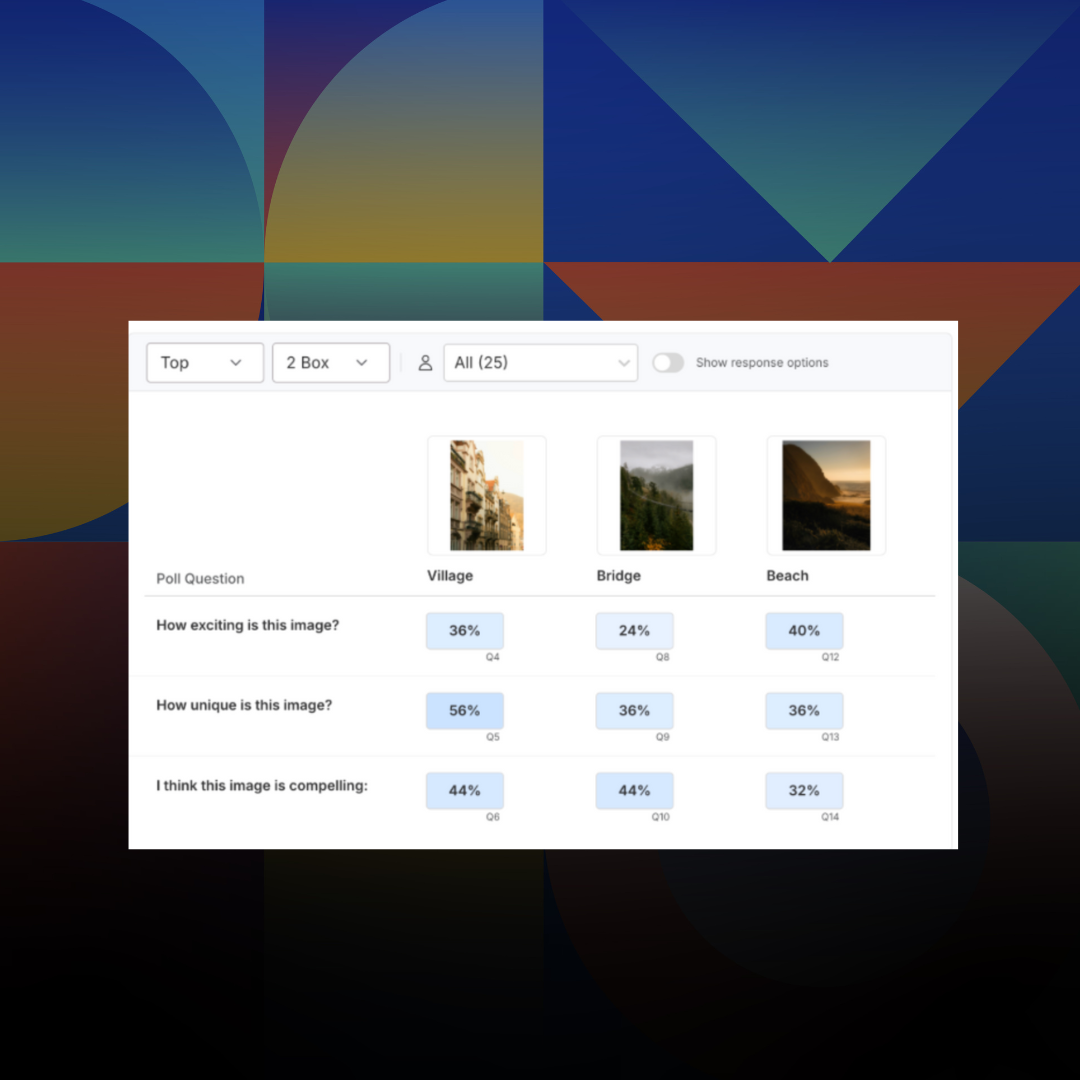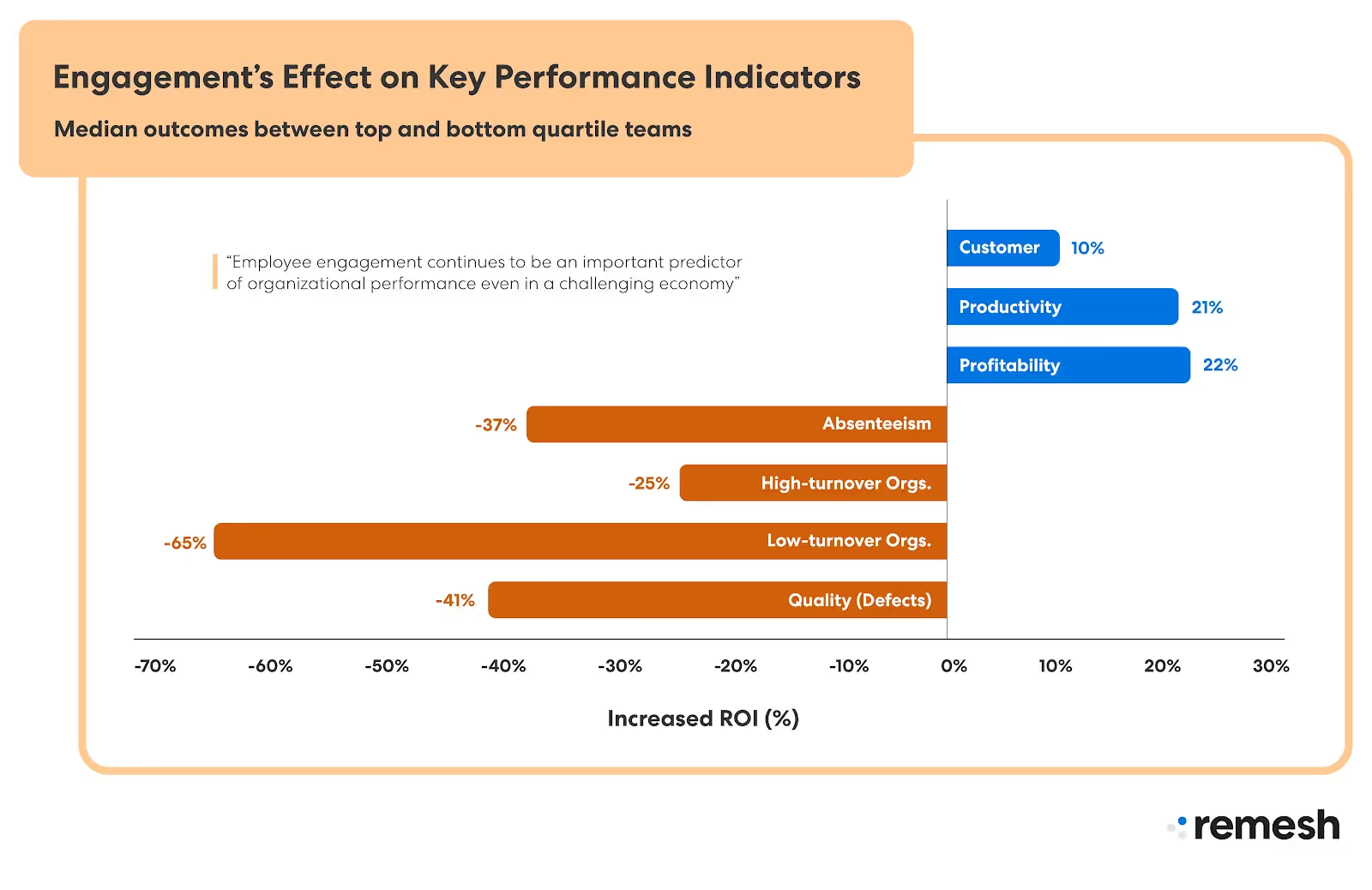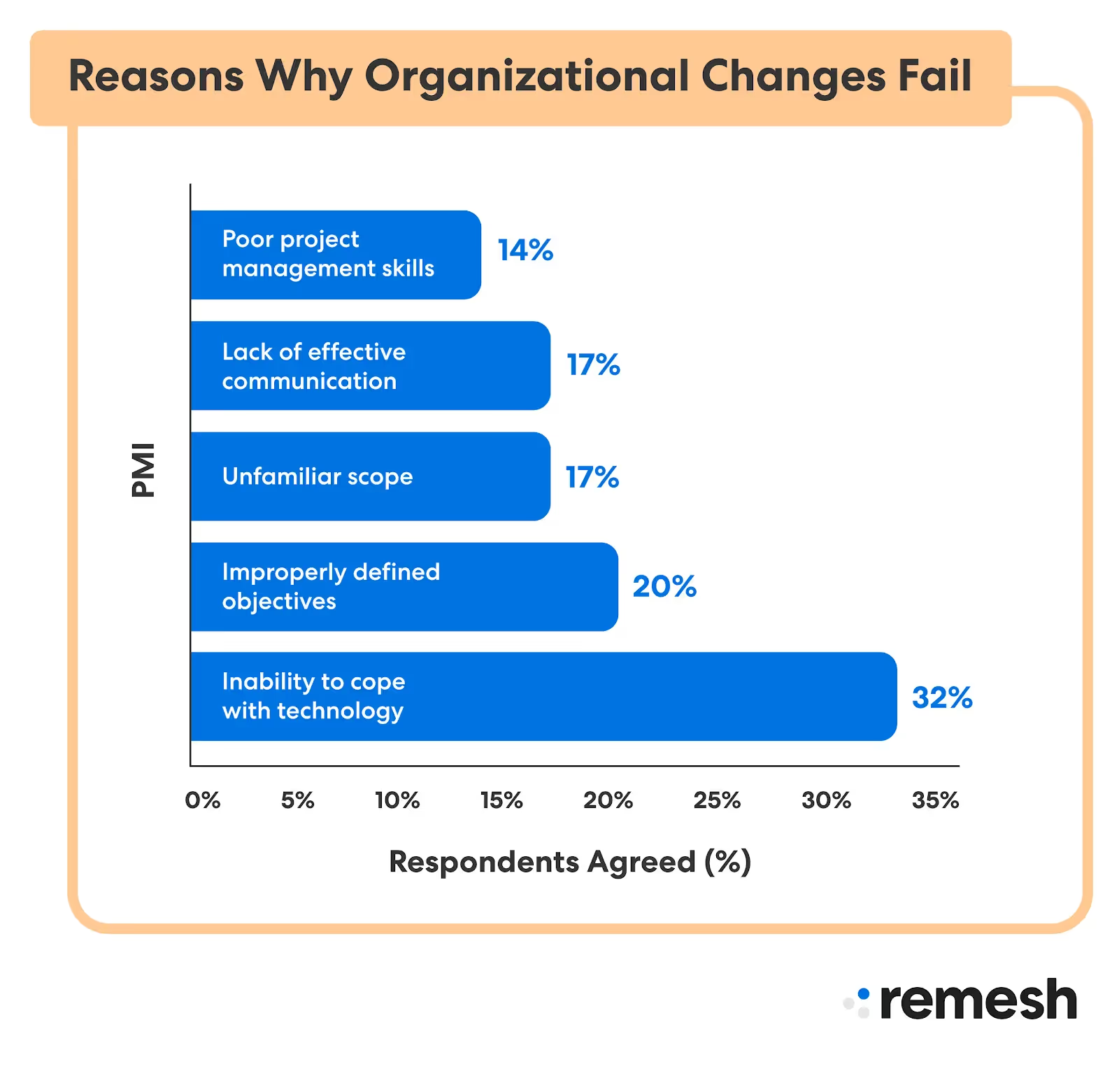.jpg)
Advanced Research
9 Essential Questions for Evaluating Employee Satisfaction Software
February 20, 2026
Employee Research
Articles
.jpg)
Advanced Research
9 Essential Questions for Evaluating Employee Satisfaction Software
February 20, 2026
Employee Research
Articles

Advanced Research
How to Evaluate Market Research Vendors for Global Reach
Team Remesh
February 10, 2026
Market Research
Articles

Advanced Research
How to Evaluate Market Research Vendors for Global Reach
Team Remesh
February 10, 2026
Market Research
Articles

Advanced Research
3 Early-Stage Research Methods to Gather Consumer Insights
Team Remesh
January 27, 2026
Market Research
Articles

Advanced Research
3 Early-Stage Research Methods to Gather Consumer Insights
Team Remesh
January 27, 2026
Market Research
Articles
.avif)
Advanced Research
Why Agencies Should Embrace AI Tools for Market Research
Team Remesh
January 26, 2026
Articles
.avif)
Advanced Research
Why Agencies Should Embrace AI Tools for Market Research
Team Remesh
January 26, 2026
Articles

Advanced Research
The Top Market Research Companies for the CPG Industry
Team Remesh
January 20, 2026
Market Research
Articles

Advanced Research
The Top Market Research Companies for the CPG Industry
Team Remesh
January 20, 2026
Market Research
Articles

Advanced Research
The Most Cutting-Edge Consumer Insights Software of 2026
Team Remesh
January 5, 2026
Market Research
Articles

Advanced Research
The Most Cutting-Edge Consumer Insights Software of 2026
Team Remesh
January 5, 2026
Market Research
Articles

Research 101
Introducing: Poll Comparison - Streamline Concept Testing and Make Better Decisions Faster
Emmet Hennessy
November 24, 2025
Market Research
Articles

Research 101
Introducing: Poll Comparison - Streamline Concept Testing and Make Better Decisions Faster
Emmet Hennessy
November 24, 2025
Market Research
Articles

AI
Purpose-Built for Research AI is Here - a Letter from the CPO
Jessica Dubin
October 21, 2025
Market Research
Articles

AI
Purpose-Built for Research AI is Here - a Letter from the CPO
Jessica Dubin
October 21, 2025
Market Research
Articles

Advanced Research
Unlock Agile Global Insights: Using Remesh Multi-Language Conversations for Research Across Audiences
Customer Success Team
October 14, 2025
Market Research
Articles

Advanced Research
Unlock Agile Global Insights: Using Remesh Multi-Language Conversations for Research Across Audiences
Customer Success Team
October 14, 2025
Market Research
Articles
100 Open-Ended Employee Engagement Survey Questions
Employee engagement surveys are a common way to measure feedback. Here are 100 open-ended survey questions to gauge the employee experience.



One of the simplest and most effective ways to measure employee engagement within your organization is to distribute a survey (pulse surveys, open-ended question surveys, etc.) and pinpoint exactly how an employee feels. In essence, organizations use employee engagement surveys to measure and improve the level of enthusiasm, commitment, and connection employees feel towards their work and company. These engaged employee surveys are a great option for any company looking to boost workplace performance and satisfaction.
Moreover, brands who value their workforce will write and conduct employee engagement surveys long before red flags such as dropping levels of engagement or lost professional development and career advancement opportunities become apparent.
What are Good Employee Engagement Survey Questions?
When it comes to survey design, what types of survey questions will determine which employees are highly engaged, and what types of survey platforms can handle open-ended questions at scale?
One one hand, quantitative employee engagement surveys like the Likert Scale and Employee Net Promoter Score (eNPS) can be useful but are less effective in understanding employee motivation.
On the other hand, qualitative and open-ended questions provide deeper insights into employee motivation and satisfaction. However, crafting effective, open-ended survey questions can take time. So, why start from scratch?
To streamline the process, improve your employee engagement surveys (and meet company goals by retaining talent) using any of the examples below as a launching point.
On a scale of 1 to 5, we strongly agree that these open-ended employee survey questions are a stellar foundation to meeting your human resource team's strategic goals for talent retention and growth.
What is Employee Engagement, Anyway?
Employee engagement is so widely discussed that the term itself seemingly means many things. Generally speaking, employee engagement is defined as the qualitative and quantitative understanding of an organization’s relationship to its employees, and vice versa.
It's important to understand that employee engagement and employee satisfaction are two distinct concepts. Specifically, employee engagement goes beyond employee satisfaction, also including the emotional investment an employee has to the organization.
To further explore this topic, check out the other articles in our series on employee engagement:
- How to Keep Employees Engaged During Change
- 4 Behaviors That Drive Agile Transformation
- 10 Executives Recommend Employee Retention Strategies
Employee Experience Survey Questions
The drivers of employee engagement can be a mystery - but fortunately, with the right questions, you can understand why people feel a certain way about their office or work environment and other organizational factors like management and corporate policies, all while maintaining a group of engaged employees within each team.
Keep in mind that delivery is just as essential as the content of annual surveys or focus groups, and make sure to choose your medium of delivery carefully. Whether you adopt an online focus group like Remesh or DIY your way to qualitative insights by learning to code, there's more to understanding people than asking the right questions.
Employee Engagement Survey Questions
Your organization has addressed the employee experience and wants to continue testing progress toward maintaining engaged employees, retaining talent, and creating clear paths for career progression. It's time for an employee engagement survey!

To begin, understand what drives employees by starting your employee engagement surveys with these questions.
- What is the most interesting part of your job?
- In what way does leadership energize you to come to work?
- In that way does your job provide you with meaning and purpose?
- In what ways does autonomy from your manager play into your everyday workflow?
- What challenges do you enjoy addressing at the office?
- What types of results do you see from your individual contribution?
- What motivates your individual contributions?
- Describe the way that the company goals align with your work.
- What are your strategies for achieving beyond set KPIs?
- What resources do you use to accomplish your job?
- What is your workflow management style?
- What inspires you to work at this organization?
- What is one thing you would change about your job?
- In what way does your role directly affect the company’s success?
- What are the expectations of your role?
- What motivates you to give your best at work?
- What is the primary reason you enjoy working for our company?
- If you were the CEO, what is the one thing you would change about the company?
- What’s on your mind right now that you would like to tell us?
- What’s the best thing that happened to you at work this month?
- What amount of time do you plan on staying at this org? Name the primary reason for that decision.
- Name the way differences in your role at this company with similar roles at other companies.
- How do you define success within your role?
- What are the current career paths for you at this organization?
- What motivates you to share your opinion at a team or office meeting?
- Describe the recognition you received from the organization at your last major project.
- What obstacles are currently in your way in achieving success at the office?
- Describe how your job explicitly connects to customer needs.
- What personally drives you to work beyond expectations?
- Describe a moment in which a customer directly benefited from your work this year.
- What is the most meaningful part of your job?
- What one thing did you like best about your previous employer?
- Why is one way you would improve this employee engagement survey?
Questions for Employee Satisfaction Surveys
Providing feedback for your employees is an obvious way to encourage their best work - but have you considered what happens when employees are allowed to reverse the feedback cycle? Asking employee satisfaction survey questions shows your employees that their feedback is valued and their voices are heard. Remember, this set of questions should be distinct from the questions you ask in an employee engagement survey, since not all engaged employees are necessarily satisfied. With that in mind, here are some great questions for employee satisfaction surveys to consider:
- How does your manager recognize your work within the organization?
- What growth strategies does leadership implement successfully at our company?
- What type of feedback do you receive from your manager?
- What is one thing you’d like to change about the employee review process?
- What is the nature of the feedback you receive from your manager?
- Describe your manager’s style of communication.
- Why do you feel or not feel that leadership takes your feedback seriously?
- What opportunities are you given to provide your manager with feedback?
- How does the executive team contribute to a positive office and work culture?
- What other questions do you wish this included?
Organizational Change Management Survey Questions
Let's say your organization is interested in offering a new benefits package, anticipating a merger or acquisition, installing new leadership, or wants to take a pulse on the employee experience for the first time. In such cases, it's time for an employee experience survey! Additionally, these questions can be used in focus groups as well. For a deeper understanding of how organizational culture changes over time, read our article on taking a temporal perspective to understand culture drift.

To address these challenges, which should be preceded with an employee engagement survey or set of questions, start with these prompts.
- What are the greatest strengths of our organization?
- What are the areas that need the most improvement in our organization?
- What are the weaknesses in our company’s leadership?
- In what way could the organization improve its career development offerings and career path culture? Follow Up: What are the company’s current career development offerings?
- What do you think of our organization’s mission?
Follow Up: How does our [brand or agency] follow through on our mission? - What does our organization value?
- Describe the company’s strategy for training and compliance.
- Name one way in which company communication could improve.
- Have you seen favoritism in the workplace? Follow Up: Describe the way you've seen this play out in the office.
- How have you seen the company implement equal opportunity in the workplace?
- How does the company communicate changes in policies and procedures?
- Describe the vision and mission of the [brand or agency].
- In what ways can both the company and leadership inspire employees to work toward its mission and vision?
- What suggestions do you have for ways the company can more clearly express priorities?
- What are some ways in which the organization can more clearly express employee appreciation?
- What is the process for seeking help at our company?
- What benefits would make the employee benefits package stronger?
- How can our company and executive leadership strengthen the onboarding process?
- How do you work to improve our company’s internal processes?
- In what ways can our organization further express inclusivity in the workplace?
- What can our company do to increase transparency?
- Name some ways the company could improve the process for providing customer service.
- When can our organization improve the process for collecting employee feedback?
- How can our [brand or agency] more efficiently address poor performance?
- Name one improvement that could be made in office conditions.
- Our organization attracts, develops, and retains people with diverse backgrounds. Why do you agree or disagree with this statement?
- What have you seen recently that made you think, “I wish we had done that at work.”
- What is something we should measure in our org that we’re not?
- What part of the company would you like to interact with more?
- What process at our [brand or agency] could be fixed or improved?
- What is a pet peeve you have at this company?
- What was the primary reason you accepted an offer at our organization?
- What will our organization look like in the next 5 years?
- Describe the process or path toward a promotion at our org.
- What measurements would you like to see included in future change surveys?
Work-Life Balance and Company Culture Survey Questions
Your organization and human resources team are interested in measuring the engagement of employees, their contribution to company culture, work-life balances or imbalances, human capital-related strategic goals, and the overall experience of work-life, independent of workload. In other words, how does employee satisfaction look? To gain insights, start learning about your employee’s experiences with these company culture survey questions.
- Compare our office culture to previous offices you’ve worked in.
- How would you describe our company to friends and family?
- What is one thing you would change about the organization’s employee culture?
- What is your favorite thing about the employee culture?
- What team event would you like to attend or lead?
- Where do you typically spend your time when not at the office?
- In what ways do you allot time for family and friends outside of work?
- Describe any tensions that arise in your personal life due to work-life balance.
- Describe our executive leadership culture in three words.
- Name one thing that could be changed about our company culture.
- What is something you do for fun at work?
- What are 3 qualities that new hires must-have in terms of organizational culture fit?
- How could we better measure culture within surveys like this?
Collaboration in the Workplace
Now, let's focus on how your employees work together within your organization or brand. By exploring this aspect, you can gain a deeper understanding of your team dynamics. Use these questions as a launching pad for understanding cross-functional department workflows or internal team dynamics.
- How do you connect with other employees?
- What motivates your team contributions and collaboration opportunities?
- In what ways do you offer recognition to other employees for a job well done?
- What do you like about working with your team?
- Describe the members of your team.
- How would you describe the team dynamic within your department?
- Tell me about a time you worked cross-functionally with employees outside of your department.
- Describe the style of communication within your team.
- What strategies does your team use to collaborate and maintain engagement to meet and exceed goals?
- How does your team help you complete work?
- How do your team members handle opinions that are different from their own?
- What departments could we partner with to improve this survey?
Other Feedback From Employees
Finally, provide an opportunity for your employees to share anything else that’s on their minds (whether career, culture, or leadership-related) with these questions.
- Is there something else you expected to be asked in this employee feedback, employee happiness, or employee engagement survey?
- What changes have you seen since the last employee engagement survey or employee feedback survey?
Acting on Survey Results
Feelings can’t be captured on a scale from 1 to 10. So why try capturing your employees in a quantitative capacity?
Instead, open a dialogue with them genuinely using qualitative employee engagement survey questions, and discover that employee experience may be the only roadblock to growth and scale at your company.
Remember, conducting an employee engagement survey and workplace engagement questionnaires is just the first step. The real value comes from analyzing the results, sharing them with your team, and taking action to address the feedback you receive. Ultimately, this process of continuous improvement is key to keeping employee engagement and satisfaction high.
As you put together your employee feedback questions it's important to not just think about questions but format. HR Leaders have been implementing "rapid research" a new technique inspired by public health. Download our report on rapid research and how you can implement it.
-
Lorem ipsum dolor sit amet, consectetur adipiscing elit. Suspendisse varius enim in eros elementum tristique. Duis cursus, mi quis viverra ornare, eros dolor interdum nulla, ut commodo diam libero vitae erat. Aenean faucibus nibh et justo cursus id rutrum lorem imperdiet. Nunc ut sem vitae risus tristique posuere.
-
Lorem ipsum dolor sit amet, consectetur adipiscing elit. Suspendisse varius enim in eros elementum tristique. Duis cursus, mi quis viverra ornare, eros dolor interdum nulla, ut commodo diam libero vitae erat. Aenean faucibus nibh et justo cursus id rutrum lorem imperdiet. Nunc ut sem vitae risus tristique posuere.
-
More
.jpg)


Stay up-to date.
Stay ahead of the curve. Get it all. Or get what suits you. Our 101 material is great if you’re used to working with an agency. Are you a seasoned pro? Sign up to receive just our advanced materials.

.png)

.png)

.png)
.png)





